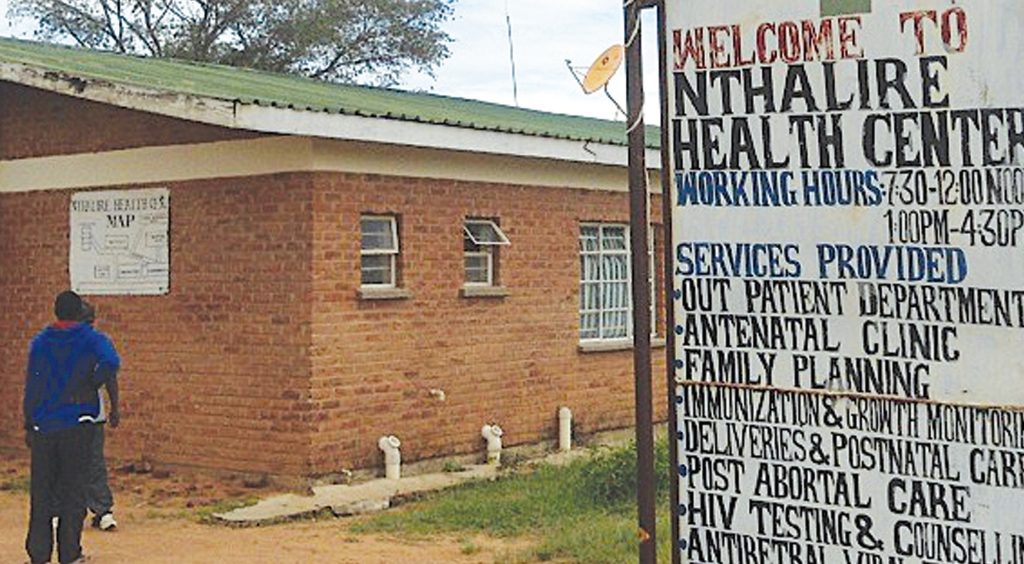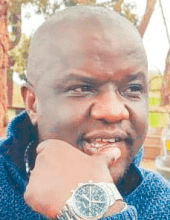Healthcare hope from Project Cure
Medical equipment is important in health interventions for diagnoses, treatments and disease prevention.
However, in Malawi and in most low-income countries, access to functioning medical equipment is a challenge, with an estimated 50-80 percent of these unavailable or not working, according to the World Health Organisation (WHO) statistics.
This creates barriers in effective delivery of health services, resulting in patients walking long distances to access healthcare services. And, sometimes, they die in the course of seeking attention.

With this background, a consortium of Malawians, both here at home and in the diaspora, have partnered with United States (US) charity initiative Project Cure, the world’s largest distributor of medical equipment and supplies, to aid public health facilities with medical equipment.
To this end, a total of 28 40-foot containers packed with assorted medical equipment and supplies will soon be shipped to Malawi.
The initiative’s national coordinator Kamuzu Chibambo says this will capacitate public health and Christian Health Association of Malawi (Cham) facilities.
“We were driven to focus on public and Cham facilities following challenges people face, where, for instance, they cannot access certain treatments for lack of equipment or medication.
“We thought of doing something that would directly impact the ordinary Malawian. So, in our efforts to help out, we landed in a conversation with our colleagues in the US who, in turn, got in touch with Project Cure,” says Chibambo.
He further notes that with adequate equipment and well-trained personnel, most services for which people travel to other countries would be locally available.
“The situation in our health facilities is pathetic. Think of all the funds spent on one patient for treatment in India, for instance, in a country where forex is a big issue. Treating them locally would be a huge saving, with an equally big impact on health service delivery,” Chibambo adds.
One of the initiative’s US-based members Kamva Makuta agrees that most healthcare facilities have inadequate equipment, a situation which impacts negatively on healthcare service delivery.
As such, his team, comprising professor Edward Mbewe, the lynchpin between Project Cure and the initiative, as well as medical doctors Tania Nkungula and Kamana Mbekeani, is working to alleviate that.
Says Mbewe: “Most maternity wings in the country could use more incubators for premature babies; better beds, mattresses and even beddings for the expecting mothers. New-born babies should not share cots for shortage of baby crib space.
“These are low-end needs, but the list goes all the way to high-end biomedical equipment such as magnetic resonance imaging (MRI) and dialysis machines. Thank God such equipment can be sourced from the partners we are working with, Project Cure.”
Accordingly, an assessor from Project Cure was recently in the country, conducting a needs assessments in various hospitals. And, once mobilised, the medical supplies and equipment will be shipped in.
But Malawi will have to bear the shipping costs. The organisers are thus appealing for partnerships with organisations to move the containers from the US, and to the beneficiary health facilities upon arrival. Partners may also help by sensitising potential donors through social media and fundraising events.
Makuta explains: “The response has been positive; we hope it will get better with time. Corporate partners in Malawi have expressed interest with the efforts and we’re encouraged by the reaction.”
He adds that all individuals involved in the effort are volunteers who are donating their time and treasure for the betterment of humanity in their nation.
“We are lucky to have Ambassador Justice Esmie Chombo in Washington DC, who has been instrumental in linking volunteer efforts to government hospitals,” he says.
The initiative stems from Dedza Government Secondary School former students under a group called Sapere Aude, where they support their former school to maintain its original status.
While discussing the dilapidation of schools and hospitals in the country as a group, and soliciting funds from their counterparts in the diaspora at one time, they learnt that hospital equipment in America is used for a short-time before either being donated or sold at give-away prices.
Armed with that knowledge, Dedza Secondary School Alumni association secretary general Stain Mabangwe says they discussed ways of acquiring and bringing such equipment to Malawi.
Explains Mabangwe: “At the time Ambassador Chombo was appointed we informed her about the issue of the equipment. She met our members in the diaspora and made the group which was ready to work with her.
“Dr Mkungula, Professor Mbewe and Dr Makuta met the ambassador and later President Lazarus Chakwera when he went for the United Nations General Assembly. What remained was for the local grouping to do its part.”
Ministry of Health and Cham officials were drafted in, and together they worked on modalities of shipping the containers of medical equipment and supplies.
In a related development, Press Trust has also worked with Project Cure in shipping four, 40-foot containers to Malawi.
Two of these have already been delivered to Chitipa and Lilongwe district health offices, while the other two will be delivered to Thyolo and Machinga district health offices.
Press Trust chief executive officer Gibson Ngalamila valued the equipment at K3 billion. “The only thing we did was to pay for the shipment of the containers into Malawi, which cost us about K120 million. This is all the equipment that we’ll need for Nthalire and Ntaja health centres, which we are upgrading to rural hospitals,” he said.






One Comment